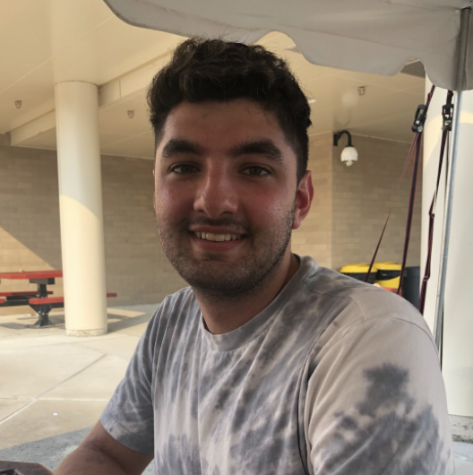The CARES Act: A Virtual Start to the School Year

As we look ahead to the upcoming school year, the majority of school districts nationwide have opted to start their classes virtually. This change has been made to protect the students and the teachers as well as to make a good faith attempt at diminishing the spread of the Coronavirus.
What does this mean? Federal, state, and local governments are all working to make the home a sustainable learning and working environment.
There are many challenges that come with starting school online. A virtual start implies that every student must have access to some material resource, like a laptop or an iPad, to tune into class, which also suggests that every household must have WiFi and internet access in order to connect and join these virtual classrooms.
While the majority of families across the United States have access to these things, there are still a significant number of people who are without these resources, therefore adding another layer of difficulty to an already cumbersome situation.
A major challenge is the increased benefits of people with privilege and the increased disparities for low-income families. Households with higher incomes benefit in virtual learning, as they have access to more resources than families with lower incomes do. This difficult time pronounces the imbalance between socioeconomic divisions in our local community and country.
“[…] 30-year-old Alexandria Stottlemire worried about how she, her four children, her two school-age siblings and her mother would be able to get by with one computer. Stottlemire’s mother, who works from home, needed it during the day, and Stottlemire needed the computer at night for an online distance learning program,” says Scott Moritz of Bloomberg.com.
Like Stottlemire, this is not an uncommon occurrence across the United States for large households. This is one of the discrepancies of remote learning. Households that have access to only one computer, but have six different people who need to use the computer at the same time, are at an extreme disadvantage.
However, many school districts are beginning to establish a plan to help bring the school to students in need of these types of resources. The CARES Act (Coronavirus Aid, Relief, and Economic Security Act) has helped to move forward with the distribution of materials to make for a sustainable and more inclusive school year.
“Funds to local districts can be used for coronavirus-response activities, such as planning for and coordinating during long-term school closures [and] purchasing educational technology to support online learning for all students….” according to Austin Reid of NCSL.org.
The goal of the CARES Act is to provide resources to help schools maintain virtual openness and to continue education in a year where students can still remain safe by attending class in their own homes to help promote their own safety.
Right now the federal education fund contains about $12.5 billion dollars, with a large chunk allocated toward charter and public schools. The money given to state governments is intended to go toward funding for a broader reach of technology and internet access for kids with greater need.
Lower Merion School District has decided to move to a virtual start to the school year. There were many reasons for this choice, namely for the safety of the students and the staff in the buildings and to limit any possible spread of the virus.
Harriton has worked to provide many options for students to select at their own discretion. Like many other school districts, Harriton has worked to maintain an all-inclusive student body, bringing technology and a better internet connection to students who are in need of such resources.
A common thread shared amongst Harriton and other school districts is that no one knows how long this transition will be in place, making it that much more difficult to maintain a proficient learning and working environment. What we do know is that nearly the entire country is in preparation mode and school districts are doing what they can to make the most of a dire and unprecedented situation.

Quinn is a senior and is excited for his fourth year on the Harriton Banner, and his second year as editor of the Science & Tech section. Other than...


